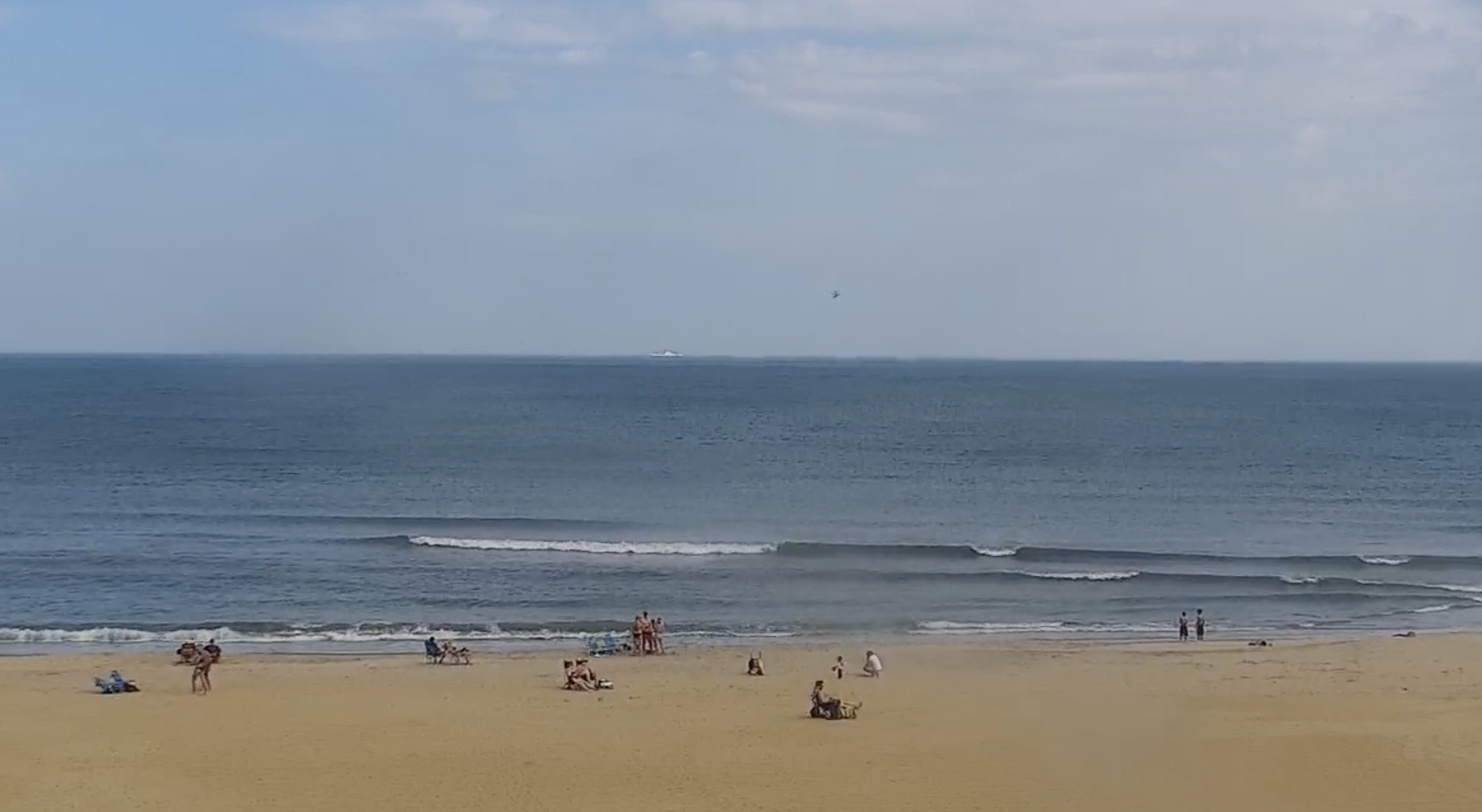By CONNIE LEINBACH
The Ocracoke Observer
Members of the Ocracoke Civic and Business Association agreed on Wednesday night, April 13, that euthanizing the hundreds of mallard ducks making their home in the village is not the answer to their overpopulation.
The group agreed to explore several conservative approaches to the problem of the myriad of ducks making their home in the “downtown” portion of the village.
Members noted the receipt of a Change.org petition begun by Tracy Chafin of Manteo against euthanizing the birds which had collected more than 1,000 signatures via social media. Euthanizing the ducks was just one option presented in a memo to the OCBA by Will Doerfer, special assistant Hyde County manager
“While wild ducks have always been a part of the village scene, in the last several years their population has ballooned,” he said talking via speaker phone to the group of about 20 islanders at the Community Center
Stemming from continuous complaints, the county last fall began looking into if the ducks could be relocated.
Earlier this year, the county found a landowner in Mt. Olive willing to take the ducks and clip their wings so that they would acclimate to his property.
But the state Fish and Wildlife Resources said, “absolutely not,” Doerfer explained.
“Raleigh said ‘we do not relocate ducks,’” he said. That is because the state says the ducks’ may have diseases that could spread disastrously to other animals. Avian flu is cited as one of the diseases of concern.
“If (the Ocracoke ducks) infected a chicken flock, it could be a nightmare,” he said.
Another option he mentioned which got attention is oiling and addling the eggs so that they do not hatch. Removing the eggs would just result in the mallard hens laying more eggs. To use this process, people would need to get training and keep records since these tame-appearing waterfowl are still considered to be wild ducks.
Moreover, he pointed out that the very trauma of capturing and relocating ducks could cause lethal stress to upwards to 60 percent of the ducks being transported.
Despite the risk of spreading disease, Doerfer said the federal wildlife officials are willing to plead Ocracoke’s relocation case to state wildlife officials, but relocation would have to be part of a larger, long-term plan.
That plan should also include an ordinance against feeding the ducks.
Simultaneously, the county received a permit from the federal wildlife services to humanely euthanize up to 350 ducks.
This permit, which is good until next March, also allows for addling and oiling eggs, which prevents them eggs from hatching.
However, the county government will not act on its own, Doerfer said. It wants whatever action is taken to be Ocracoke-driven.
Doerfer said that his discussions with wildlife officials the officials have stressed that the village’s duck overpopulation is basically a people problem.
“With people feeding the ducks, if they have a secure feeding source, they will stay,” Doerfer said. “We need to change the behavior of people.”
David E. Hallac, Cape Hatteras National Seashore superintendent, who attended the meeting, agreed, and noted that all of the national parks have problems with visitors feeding the wild animals. Feeding wild animals causes harm, rather than helps them, he stressed.
“Florida has a big problem with mallards,” he said. “It comes down to ‘stop feeding them.’” Click here.
Several in the meeting noted the absence of the large flocks around Community Square recently, but Corky Pentz, owner of the Harborside Motel, said there were at least 300 around his place.
Peter Vankevich, the island’s Christmas Bird Count compiler, noted that this time of the year the ducks are nesting and do not venture out as much. The flocking in great numbers such as that which occurred last summer would occur later and include the new hatchlings.
Mickey Baker, who runs a business in the area, showed a photo of a nest in a plant box with several eggs.
The group agreed to the following actions:
For more Ocracoke news, click here.














